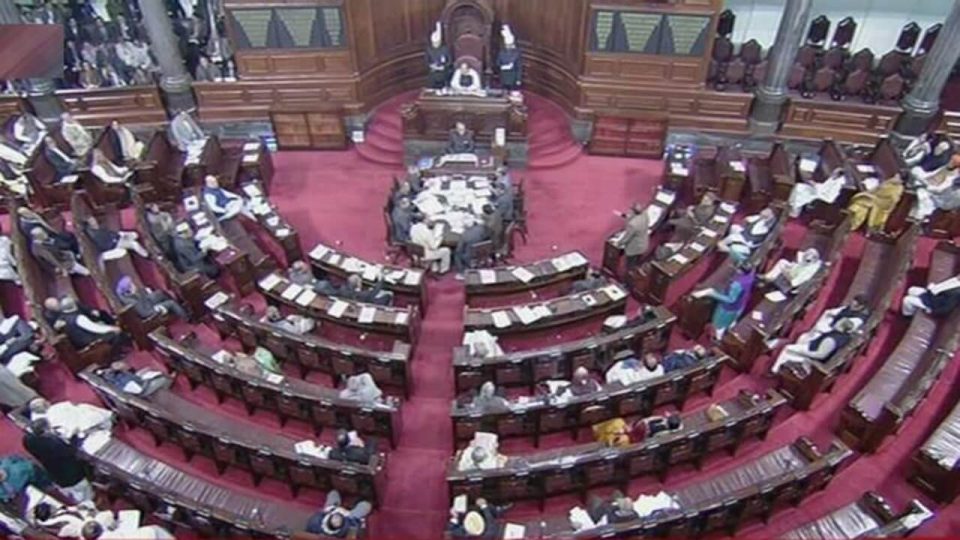The report of the two-member committee has proposed 77 amendments to the existing Rajya Sabha rules and introduction of 124 new rules.
New Delhi| To prevent MPs from rushing into the Well of the House and put an end to the regular practice of disruption of proceedings over sustained periods, a review panel set up by Rajya Sabha Chairman has proposed some tough measures, which include defaulting MPs getting suspended automatically and also being barred from voting.
The Committee has proposed 77 amendments to be made to the rules of procedure of the Rajya Sabha, besides 124 new rules for consideration. Rajya Sabha Secretary-General Desh Deepak Verma briefed the General Purpose Committee of the house regarding these proposals on Wednesday.
The review seeks to impart clarity to several ambiguous provisions of the present rules, besides incorporating certain directions given by the chairman. The review also seeks to address certain eventualities not envisaged earlier, such as voting and division when the house is not in order.
Also Read: “It is not a factory producing Bills”: Anand Sharma objects to extension of sitting
The panel has also suggested that discussions under rule 267— a route favoured by Opposition parties demanding an urgent debate — be restricted to just half-an-hour and all the rules be made gender-neutral.
Currently, in many rules, most of the references are to masculine pronouns. According to a member of the General Purpose Committee, the review panel wants references to MPs and posts to be made gender-neutral. All members of the committee have accepted this suggestion.
Opposition leaders chose not to react to these suggestions and said the panel comprised only two retired officials.
Rajya Sabha chairman M Venkaiah Naidu formed the two-member panel to review the rules in May 2018 after discrepancies were noticed in Lok Sabha and Rajya Sabha rules. One of the key issues that prompted the formation of the panel was that the Rajya Sabha chair can’t automatically suspend disruptive members, unlike the Lok Sabha Speaker, who can.
This effectively means that the member loses his vote. In the current arrangement, any member can demand a division on a bill or amendment. For this lobbies are cleared and each member has to sit on a seat designated for voting. The members are not expected to leave their seat during the division period. But members exploit the clause in the rule book that says “division needs the house to be in order”.
As an independent media platform, we do not take advertisements from governments and corporate houses. It is you, our readers, who have supported us on our journey to do honest and unbiased journalism. Please contribute, so that we can continue to do the same in future.

